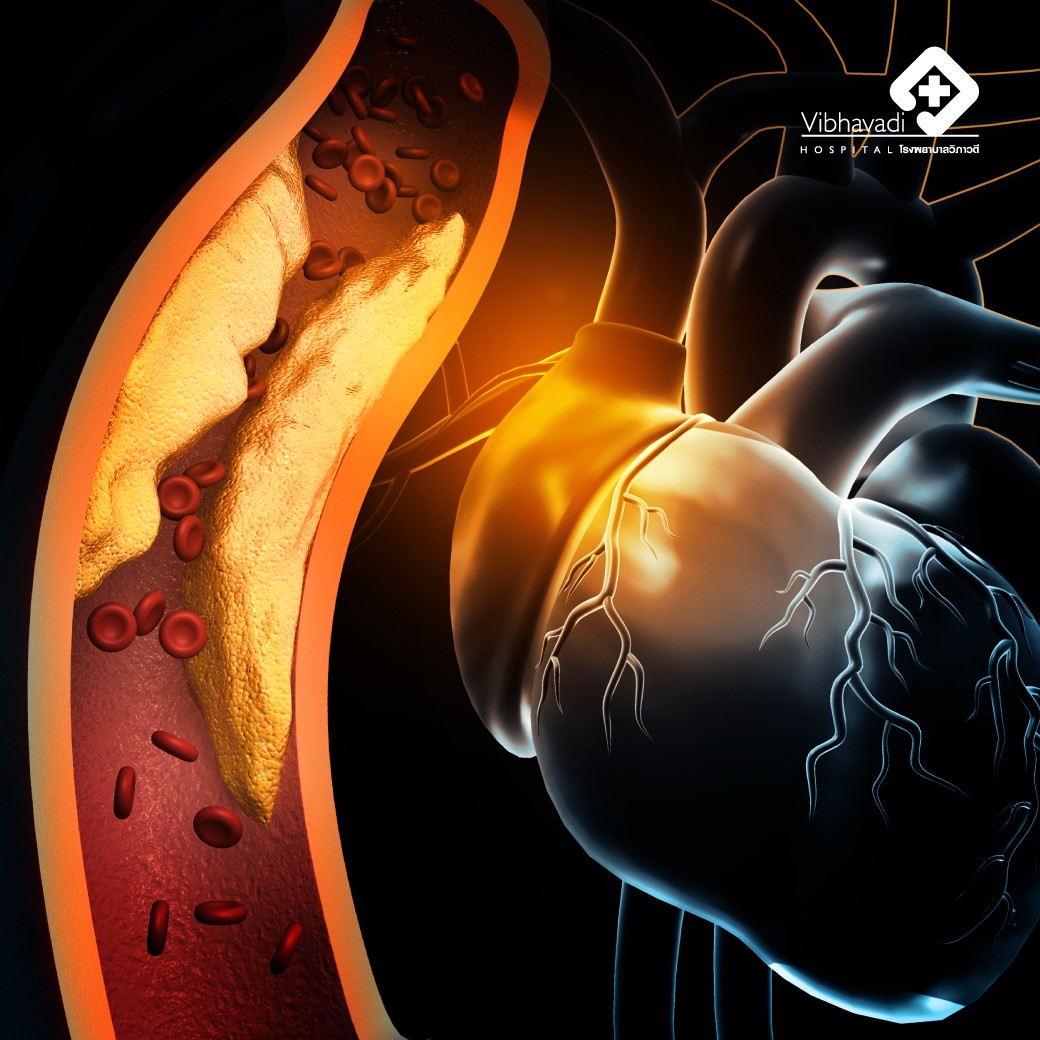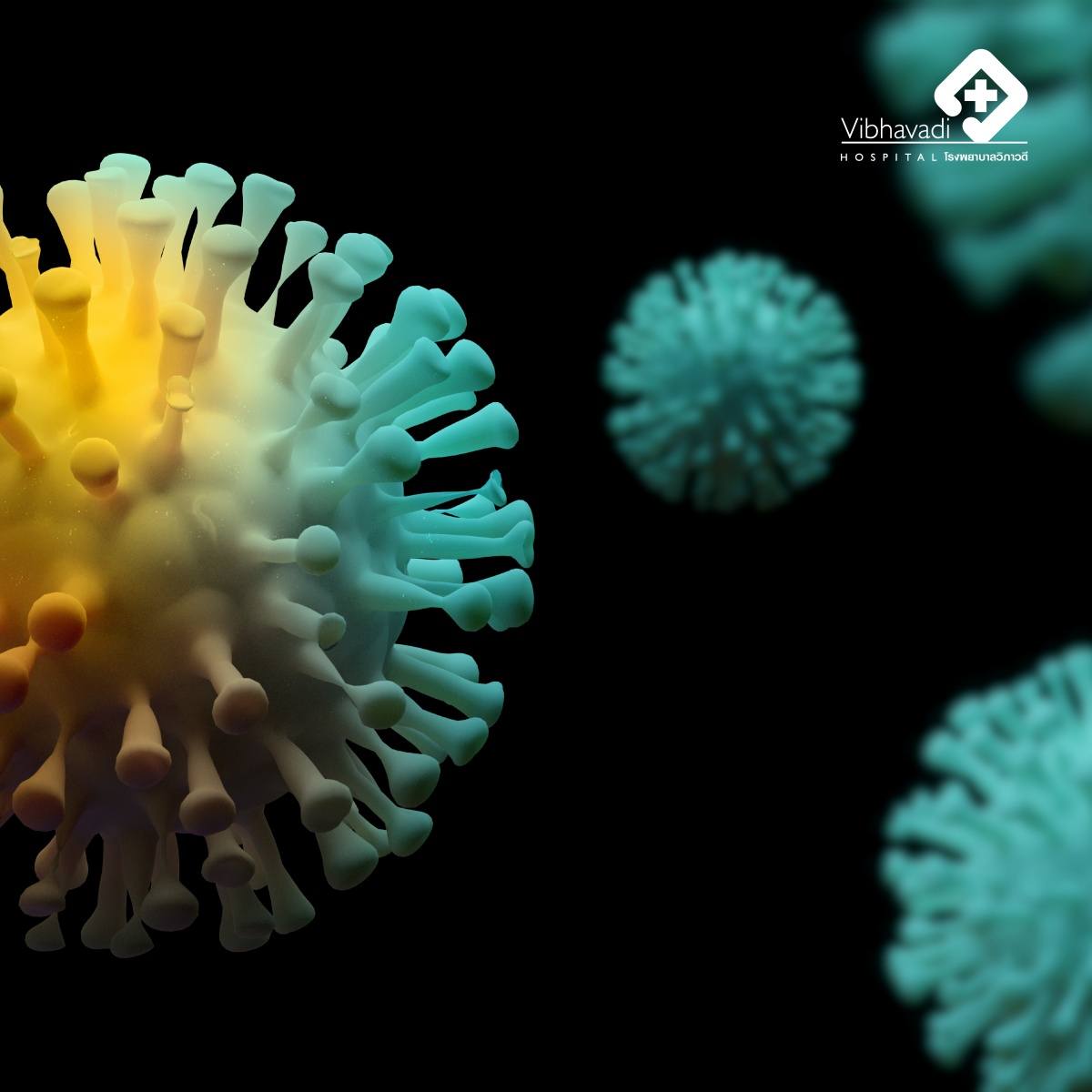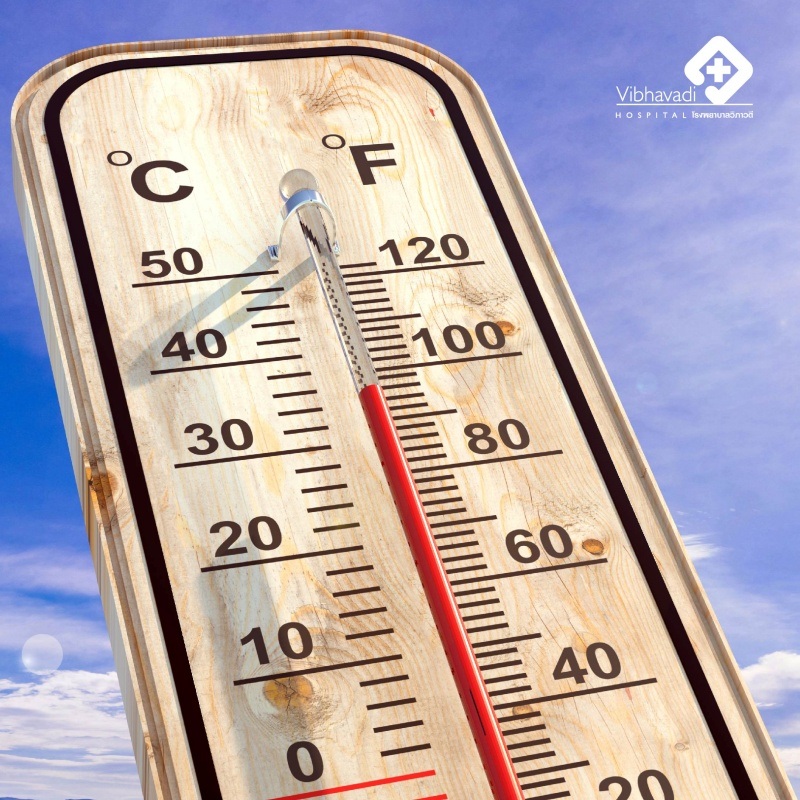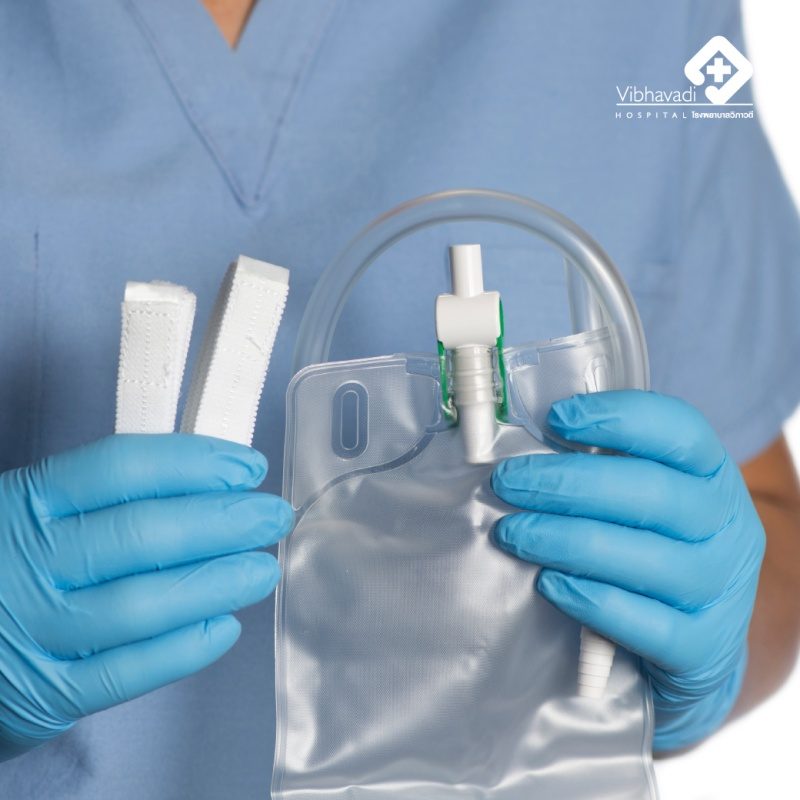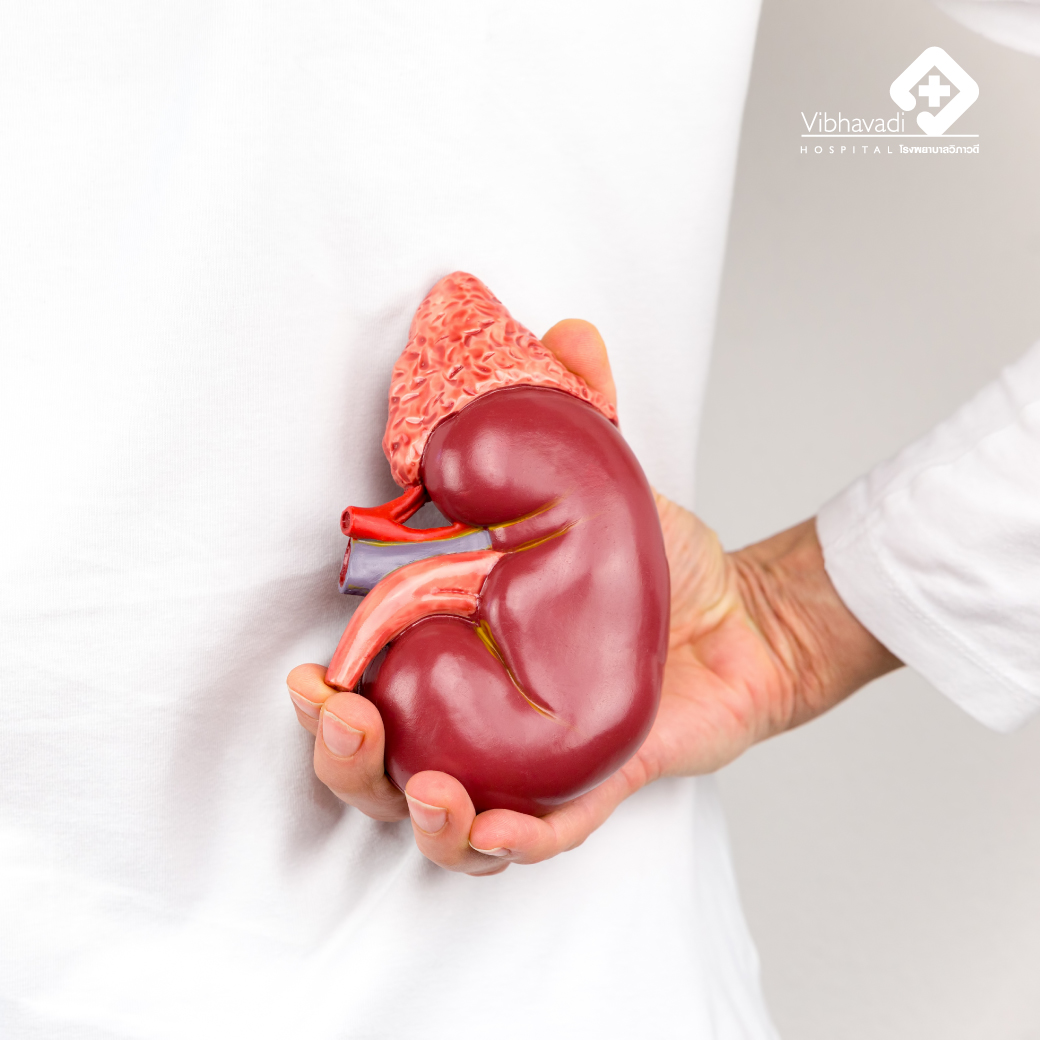Why Do Women Frequently Experience Iron Deficiency?
Women are more prone to iron deficiency due to the regular loss of blood during menstruation. This blood loss leads to a loss of iron as well. If a woman’s diet does not include sufficient iron-rich foods, such as red meat, she is at a higher risk of developing an iron deficiency.
Iron:
Iron is a vital mineral found in red blood cells and muscle cells, playing a crucial role in transporting oxygen and carbon dioxide throughout the body. It also supports various enzymatic reactions, collagen production, and the immune system's function.
What Are the Effects of Iron Deficiency?
Iron deficiency commonly leads to anemia, resulting in symptoms such as pale skin, cold hands and feet, tingling sensations in the extremities, fatigue, dizziness, fainting, irregular heartbeat, and heart palpitations.
Who Is at Risk of Iron Deficiency?
- Women of Childbearing Age: Women who do not consume enough iron are at risk, especially those with heavy menstrual periods, which can lead to iron deficiency and anemia.
- Individuals with Hemorrhoids: Those with significant blood loss from hemorrhoids are at risk.
- Vegetarians and Vegans: Individuals who consume little or no meat, particularly red meat, as white meat (e.g., fish, chicken) contains less iron.
- Blood Donors: Those who donate blood may be at risk if they do not replenish their iron levels.
- Frequent Consumers of Coffee, Green Tea, Black Tea, and Red Wine: These beverages are high in polyphenols, which, despite their antioxidant benefits, inhibit iron absorption.
- People Taking Mineral Supplements: Supplements like calcium or zinc may interfere with iron absorption.
- Individuals with Gastrointestinal Issues: Conditions affecting the stomach or small intestine, where iron absorption occurs, can increase the risk of deficiency.
How Can You Check Your Iron Levels?
Iron levels in the body can be assessed by measuring ferritin levels in the blood. Ferritin is a protein that stores iron, indicating whether your body has adequate iron reserves. However, excessive iron storage can be harmful, potentially leading to organ dysfunction.
How Can You Address Iron Deficiency?
- Increase Iron-Rich Foods in Your Diet:
- Consume more animal-based iron sources like blood, liver, and red meats (e.g., pork, beef). These foods contain heme iron, which is more easily absorbed by the body.
- Include green leafy vegetables, whole grains, and legumes in your diet. However, plant-based iron (non-heme iron) is less readily absorbed.
- Pair Iron-Rich Foods with Vitamin C:
- Vitamin C enhances iron absorption, so consuming foods rich in both can boost your iron levels.
- Avoid Foods That Inhibit Iron Absorption:
- Limit intake of polyphenol-rich foods like coffee, green tea, black tea, and red wine.
- Reduce consumption of high-calcium foods like milk.
- Consider Iron Supplements:
- If you are diagnosed with iron deficiency, consult with a doctor to discuss taking iron supplements and monitoring your levels. Excessive iron can also be harmful to the body.
By following these guidelines, you can help prevent and manage iron deficiency, ensuring your body remains healthy and well-nourished.





